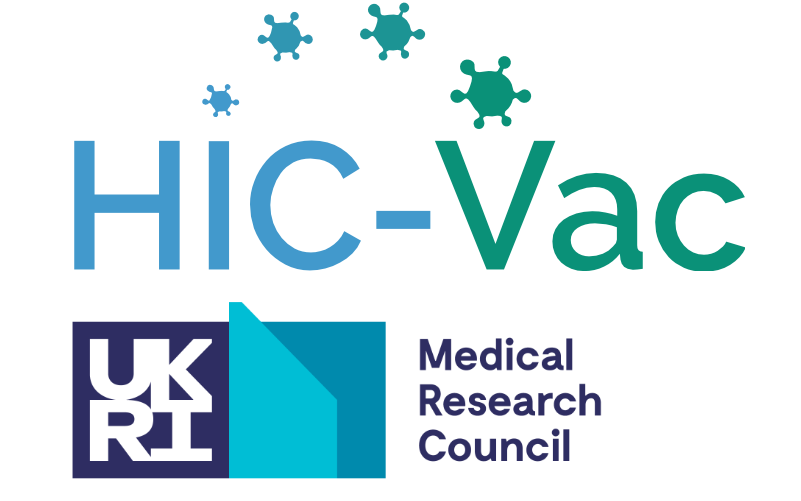Institute: Leiden University Medical Center
Biography
Maria Yazdanbakhsh heads the Department of Parasitology which engages in basic and clinical research and employs an interdisciplinary group of basic and clinical scientists who focus on understanding host-parasite interactions at the molecular, cellular and population level. The knowledge gained is being applied to development of effective vaccines against malaria, schistosomiasis and hookworm infection.
Her research has been specifically focused on understanding the immune profiles of populations living in endemic regions for these parasitic infections and more recently on characterising cellular immune responses that develop before and after controlled human malaria, schistosome and hookworm infections.
The difference in the immune systems of populations living in affluent versus poor regions of the world, between rural and urban areas in one country and even of communities of high and low socioeconomic status within one urban city are being studied. Development of field applicable immunological assays on the one hand and the implementation of the latest technologies in her laboratory in Leiden, have formed the basis of long-term collaborations with colleagues in several low and middle income countries such as Indonesia, Gabon, Senegal and Uganda. Throughout the years, Prof Yazdanbakhsh has contributed to capacity building by training more than 20 PhD students and post-doctoral fellows from these low and middle income countries, who have returned to their respective countries to lead research groups or to teach. Currently, there are 8 PhD candidates who are at various stages of the research for their theses. One of her most recent grants has been to work with groups in Gabon and Uganda to facilitate setting up controlled human helminth infection models to understand naturally acquired immunity and to prepare for rapid testing of drugs and vaccines.
Key Publications
de Jong SE et al. Systems analysis and controlled malaria infection in Europeans and Africans elucidate naturally acquired immunity. Nature Immunology 2021 May;22(5):654-665. doi: 10.1038/s41590-021-00911-7.
de Ruiter K et al. Helminth infections drive heterogeneity in human type 2 and regulatory cells. Sci Transl Med. 2020 Jan 1;12(524).
Roukens AHE et al. Prolonged activation of nasal immune cell populations and development of tissue-resident SARS-CoV-2-specific CD8 + T cell responses following COVID-19. Nature Immunology. 2022 Jan;23(1):23-32. doi: 10.1038/s41590-021-01095-w.
Langenberg MCC et al. A controlled human Schistosoma mansoni infection model to advance novel drugs, vaccines and diagnostics. Nature Medicine 2020 Mar;26(3):326-332.
Jochems SP et al. Innate and adaptive nasal mucosal immune responses following experimental human pneumococcal colonization. J Clin Invest. 2019 Jul 30;130:4523-4538.
Roestenberg M et al. Experimental infection of human volunteers. Lancet Infect Dis. 2018 Oct;18(10):e312-e322.
Web Links of Interest
www.lumc.nl/org/parasitologie/?setlanguage=English&setcountry=en
www.lumc.nl/org/parasitologie/research/film/
https://www.nwo.nl/en/professor-maria-yazdanbakhsh

